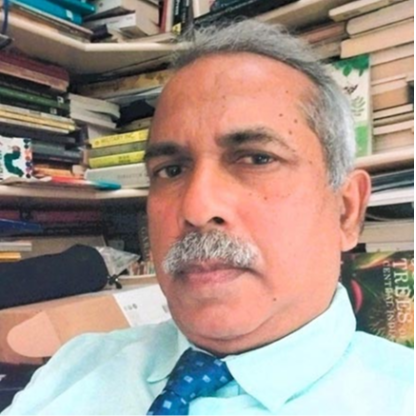On November 26, 2008, 10 terrorists who attacked Mumbai undid in less than 60 Ohours what governments of two sovereign nations had been struggling for over four years to achieve-peace and stability in the region. These terrorists were from Pakistan, recruited, trained and armed by Lashkar-e-Tayyeba (LeT), a terrorist group with visible presence across the country. The group has clear allegiance to the global terrorist groups like al Qaida and has a presence in over 21 countries.
It is well known that terrorist groups like LeT could not have weathered eight years of global sanctions without the support of the State, and in case of Pakistan, it has to be the Pakistan Army and its
intelligence agency, ISI. The simple fact that LeT first operated out of its headquarters in Muridke, near Lahore, and subsequently from Masjid Jamia Qudasiya in Lahore, all within the sight of Pakistan Army’s key Corps Headquarters (IV Corps) and its major recruitment centre indicates a clear complicity.
There is otherwise substantial evidence that shows the Mumbai attack was planned and executed with the help of present and former ISI and Army officers who form part of a clandestine group set up
to pursue the Army’s duplicitous policy of protecting its allies among the terrorist groups operating within the country while fighting others for the US as part of the Global War on Terror.
This strategic military-militant collusion in Pakistan, which shows no signs of breaking up, will remain the most critical stumbling block in any future attempt to mend the relationship between India and Pakistan. Arguing the case for dismantling the terrorist infrastructure in Pakistan as a precondition for reviving the peace process, this paper reviews the present status of this dangerous liaison and the action taken against terrorist groups like LeT and JeM which have targeted India for over a decade.
The views expressed above belong to the author(s). ORF research and analyses now available on Telegram! Click here to access our curated content — blogs, longforms and interviews.

 PDF Download
PDF Download



 PREV
PREV

.png)
.png)